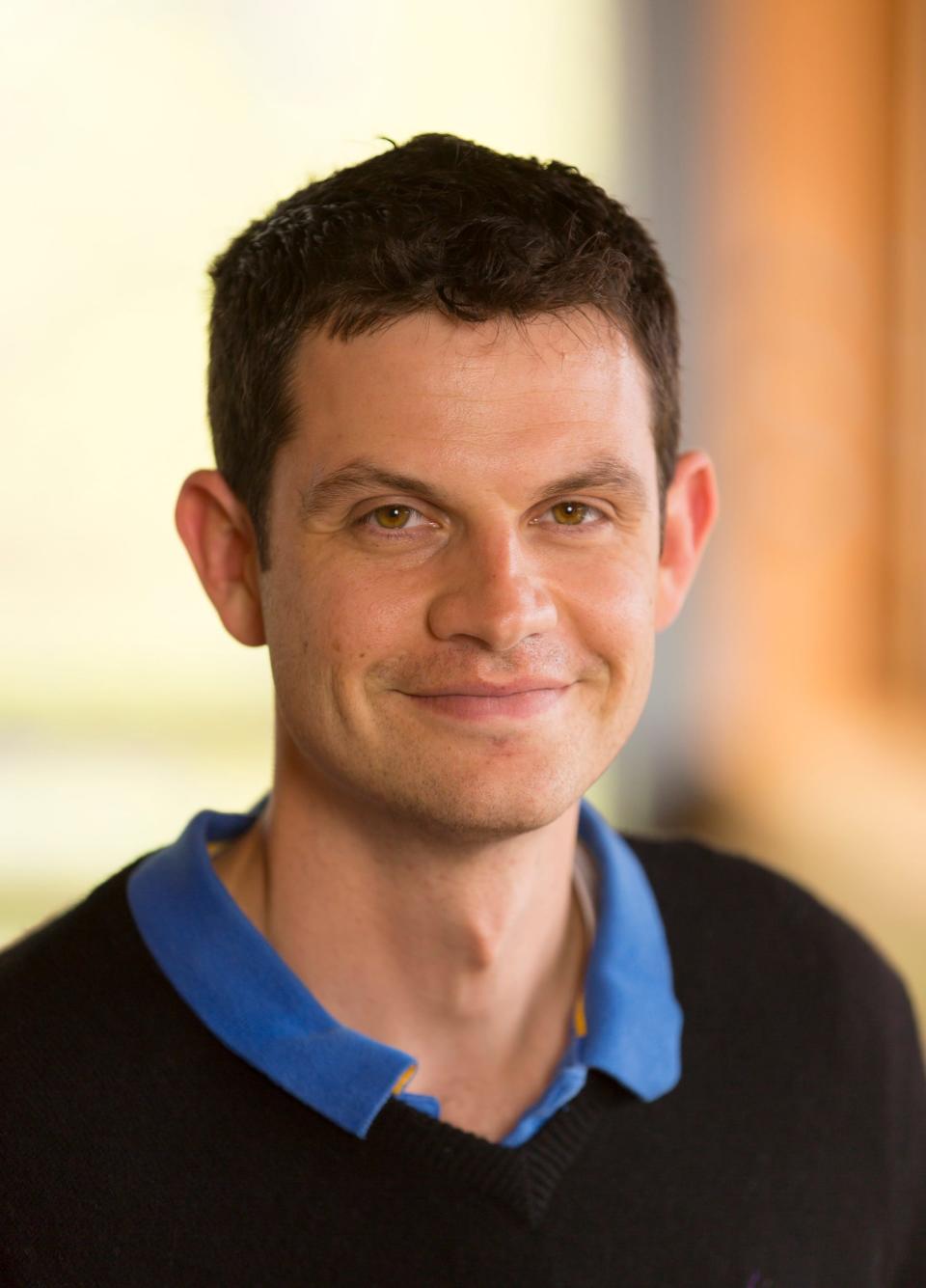Jacksonville activist: Multiple excessive heat warnings show our climate crisis is here

You may have noticed that July in Jacksonville was incredibly hot.
In fact, it was record-breaking. According to weather data from Naval Air Station Jacksonville, the heat index reached 100 degrees on 27 straight days in July. That’s never happened before in the dataset (which started in 1945). Globally, July is now confirmed as the hottest month ever recorded and possibly the hottest month in the past 120,000 years.
The withering July temperatures in Jacksonville have occurred on top of the hottest day in January on record and the hottest February on record. We can expect more of the same this month, and 2023 as a whole is almost certain to be the hottest year ever recorded on the planet.
Why is the heat in Jacksonville intensifying? It’s largely due to global warming caused by our society’s addiction to fossil fuels. Scientists have been talking about this danger at the highest levels of government since 1965 (and loudly yelling about it publicly since 1988); yet politicians and business leaders have been dragging their feet on the issue.
Local activists: Hurricane Ian was another climate crisis warning
UNF team part of global study: Researchers, including in Jacksonville, warn of perilous salinity changes in warming oceans
Letters: Understanding the importance of the 2020 election indictment against Donald Trump
Each step forward (like the passage of the biggest climate law in our country’s history, the Inflation Reduction Act of 2022) has been accompanied by a step backward (such as the approval of Willow oil project in Alaska on March 13). When it comes to heat, the result for Jacksonville has been a roughly 200% increase in heat-related illnesses in 2023 compared to last year according to Jacksonville’s chief health officer, Dr. Sunil Joshi.
Data from the Centers for Disease Control and Prevention indicate that heat-related deaths have increased in the U.S. by 95% in just the past 12 years.
So how do we get control of this dangerous situation? We clearly need to implement cooling strategies. Mayor Donna Deegan recently announced new cooling centers that will open in Jacksonville during extreme heat waves to help limit heat stress for residents, and free transportation to the cooling centers will be provided by JTA. The city can also plant more trees and convert as much asphalt as possible to green space to reduce the urban heat island effect.
But while these initiatives are necessary and will undoubtedly help save lives, they are just dealing with the symptoms of our climate crisis, not the root cause. To really rein in extreme heat, we need to directly address global warming, which means reducing and ultimately eliminating our use of fossil fuels. This will not only lower the temperature, but side benefits include cleaner water, cleaner air, healthier communities and lower energy costs.
We already have the technology to get most of the way there, but reaching this goal will require a commitment from every level of government to embrace zero-carbon energy sources like wind, solar and nuclear and to stop subsidizing the fossil fuel industry’s polluting practices with taxpayer dollars.
Politicians tend to listen to the loudest and most consistent voices, so anybody concerned about the climate crisis needs to get loud and engage with our elected leaders. Attend City Council meetings and contact your representatives in Tallahassee, as well as Washington, D.C. Make them understand that our city is turning into a frying pan.
And you don’t have to advocate on your own. You can join any organization already doing this kind of work, like Citizens’ Climate Lobby, Sierra Club, Sunrise Movement and Environmental Voter Project. We can choose to avoid a hotter and deadlier future. But we have to make our voices heard.

Adam Rosenblatt is chairman of the Jacksonville chapter of Citizens’ Climate Lobby.
This guest column is the opinion of the author and does not necessarily represent the views of the Times-Union. We welcome a diversity of opinions.
This article originally appeared on Florida Times-Union: Jump in heat-related deaths yet another indicator of climate change

